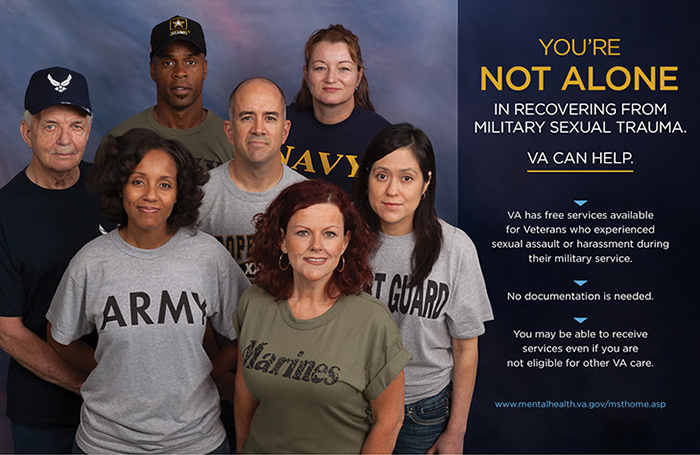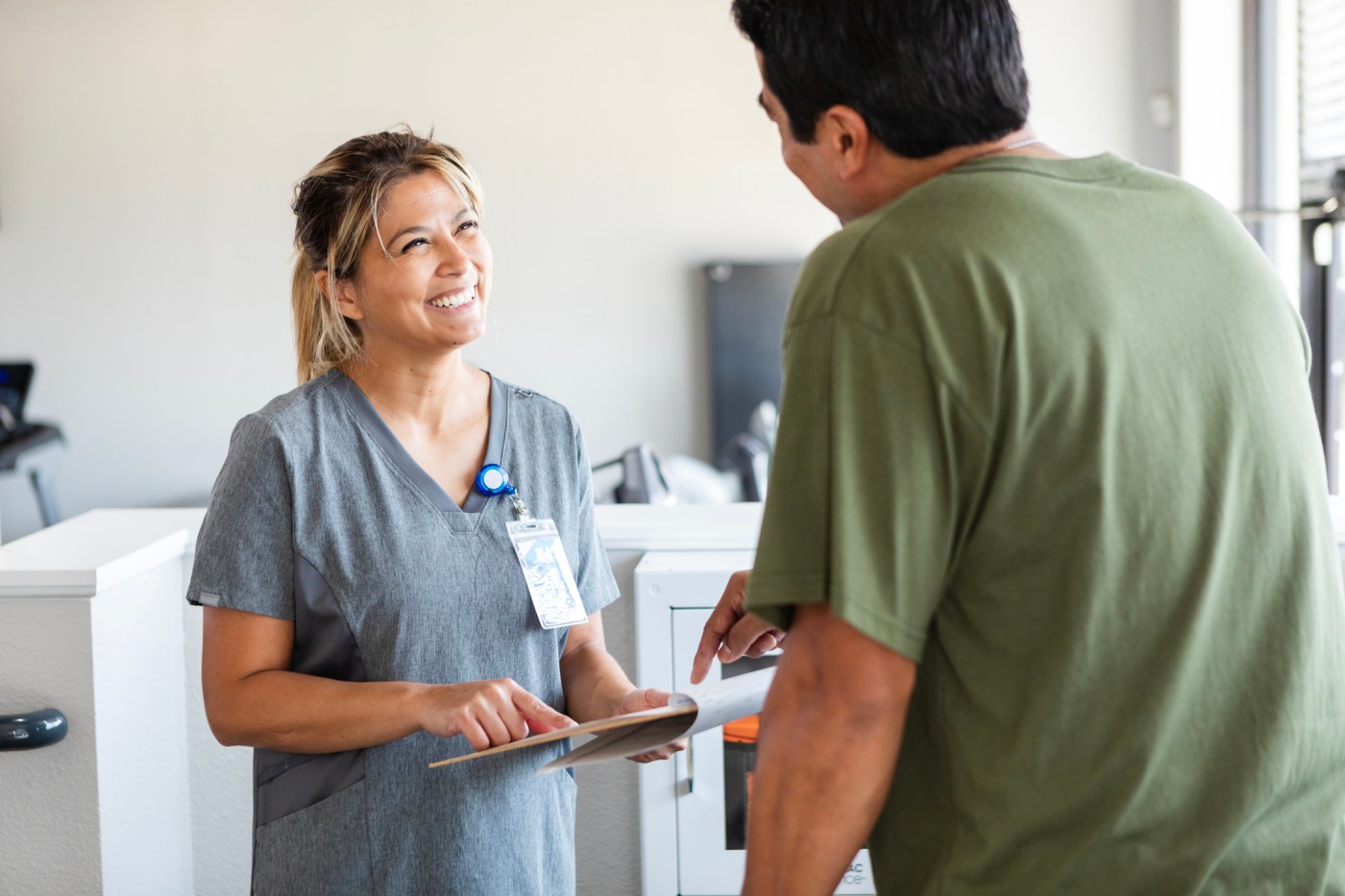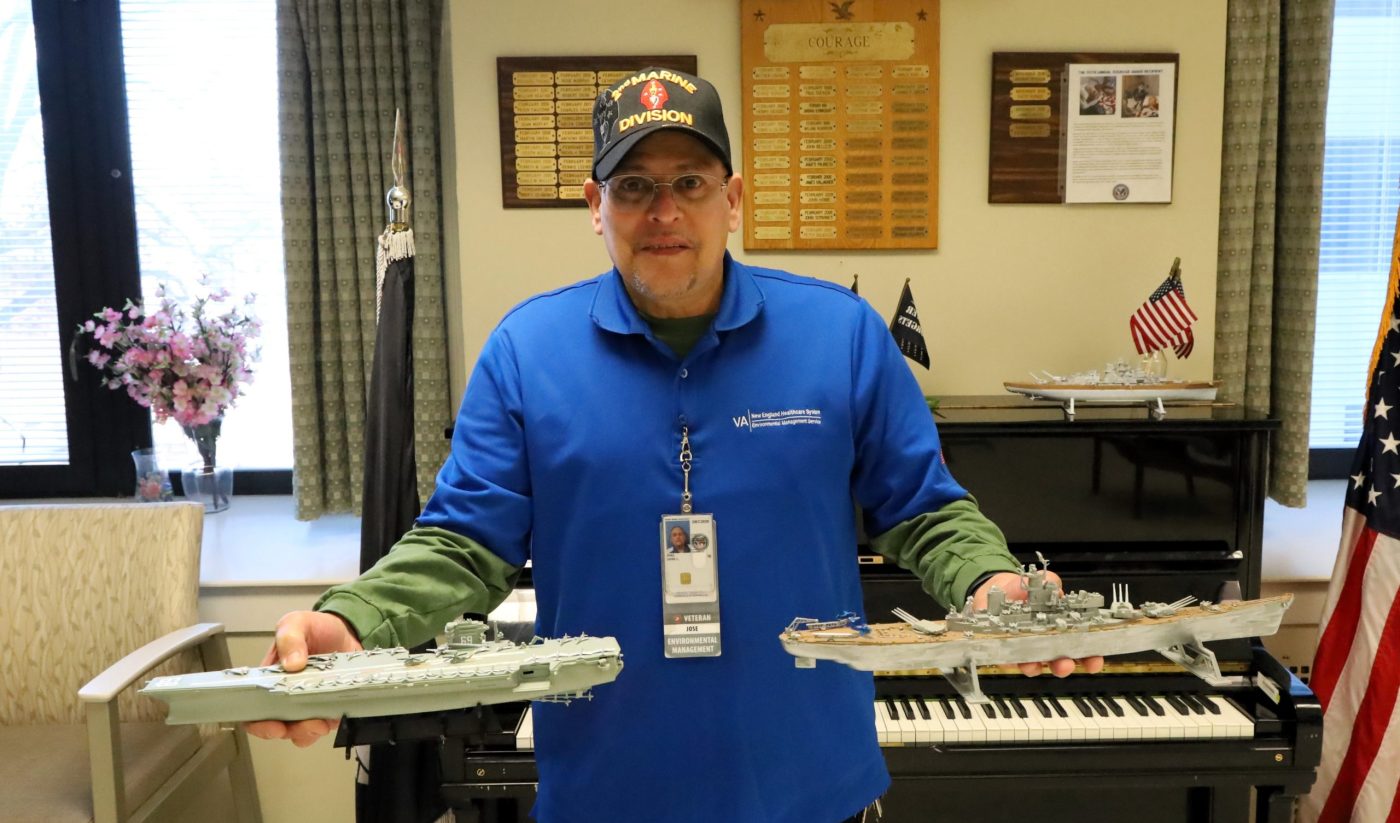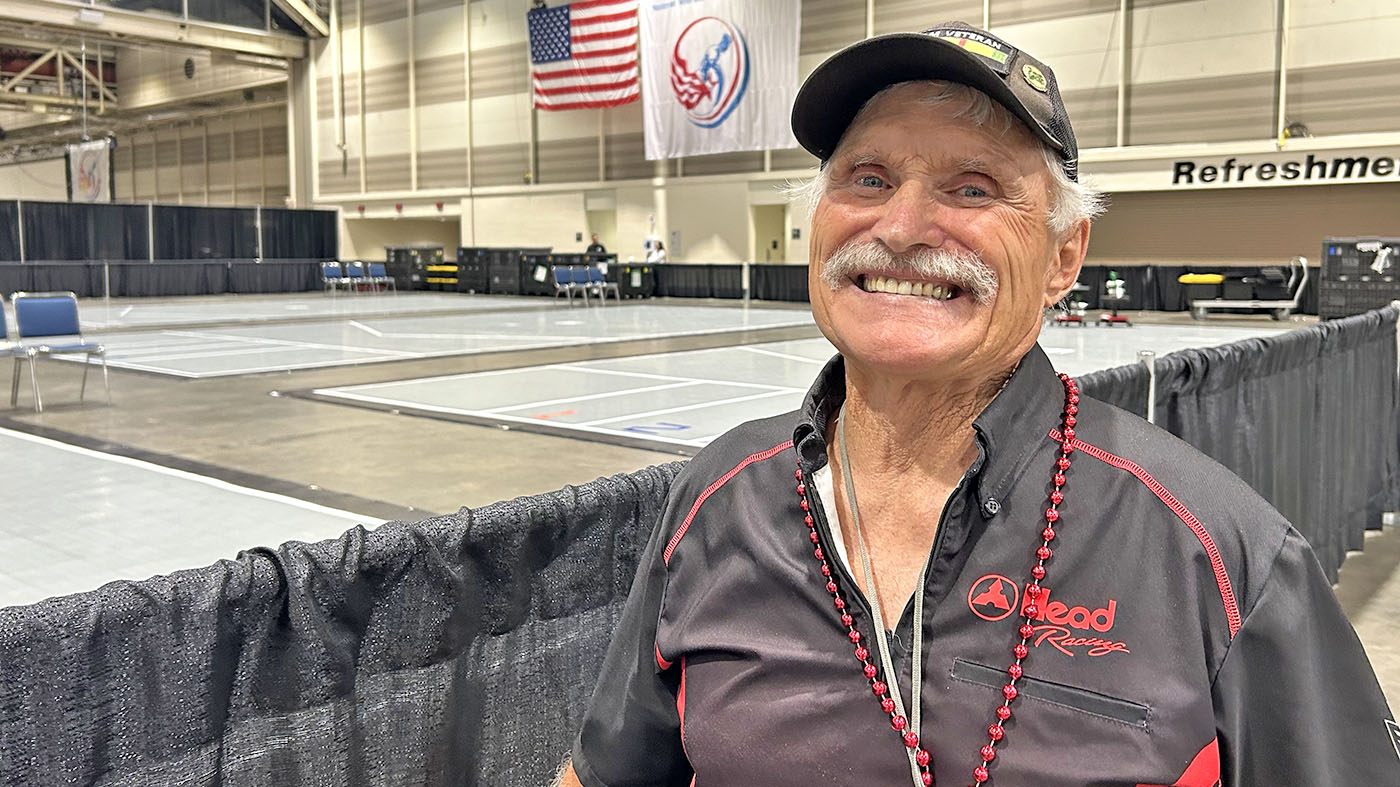April is Sexual Assault Awareness Month—an annual campaign to raise public awareness about sexual assault and to educate communities and individuals about how to prevent sexual violence. This year, VA adopted the theme of “Honoring Veterans’ Voices, Helping Military Sexual Trauma Survivors to Heal” for its outreach activities.
Dr. Rebecca Jump, a VA military sexual trauma (MST) coordinator in Augusta, Ga., explained how this theme is relevant in her work given VA’s emphasis on Veteran-centric care.
“I think the majority of therapists who work with MST survivors spend our days nurturing the voices hidden behind and below the hurt, fear, shame, blame, doubt and guilt. Honoring the voice sometimes starts before the voice is truly heard—by demonstrating the caring and commitment that helps build trust and comfort,” she said. “It involves demonstrating to the individual, through respect, patience and acceptance, that his or her voice is worthy of being heard. It is about celebrating and validating the voice that dares to speak after years or decades of silence. The voice represents our strength and our fragility as humans and this balance is essential for growth.”

In VA, Veterans who experienced MST have access to a wide range of services and care with providers who are knowledgeable about treatment for the aftereffects of MST. In addition, every VA healthcare system has an MST coordinator who serves as a contact person for MST-related issues at the facility and can help Veterans access relevant VA services and programs.
All treatment for physical and mental health conditions related to experiences of MST is provided free-of-charge and is unlimited in duration. Veterans may be eligible for free MST-related care even if they are not eligible for other VA services, and service connection (VA disability compensation) is not required. No documentation of MST experiences is required. VA also engages in a range of outreach activities, ongoing staff education, and monitoring of MST-related screening and treatment, in order to ensure that adequate services are available.
VA staff across the country make special efforts during SAAM to show support for Veterans who experienced MST. Madeleine Karpel, LCSW, an MST coordinator at the Bedford (Mass.) VAMC said, “The goal of this year’s theme, “Honoring Veteran’s Voices,” is to raise a chorus of voices in support of Veterans who experienced MST—both those who have already found their own voices in coming forward, and those who are still finding the safety and readiness to do so. If in raising awareness and demonstrating our resources and support, we can help one more individual find their own voice, then we will have succeeded.”
Veterans can speak with a VA healthcare provider by contacting the MST coordinator at their nearest VA medical center, or by contacting their local Vet Center. A list of VA and Vet Center facilities can be found at www.va.gov/directory and www.vetcenter.va.gov. Veterans can also learn more about VA’s MST-related services online and watch video clips with stories of recovery from Veterans who experienced MST.

Topics in this story
More Stories
One strategy credited for the improvement is a focus on building trust and stronger patient-provider relationships.
Army and Marine Corps Veteran started making models after being hospitalized at Connecticut VA.
Veteran Hank Ebert is a bit of a superstar in the National Veterans Wheelchair Games. He has been attending since 1993.







I would know more information about careers on how a veteran can get a new job being out of the military since November 1986